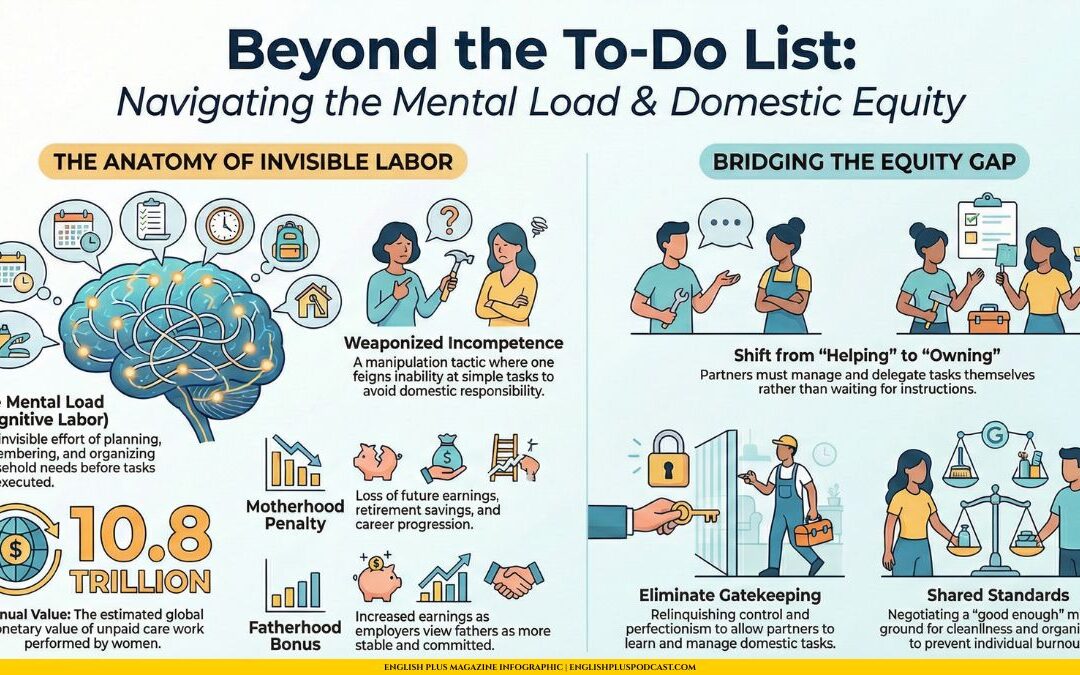Article Audio
Unpacking Education Policies: Their Real-World Impact on Equity
Imagine two classrooms—one bustling with resources, engaged students, and energized teachers; the other overcrowded, underfunded, and struggling to provide quality instruction. The stark contrast is often rooted in education policy – the laws and guidelines that shape how schools are run.
Education policy isn’t just about abstract rules; it directly impacts whether a child has the opportunity to excel, regardless of their background or circumstances. Understanding the link between policy and equity is key for shaping a more just future. Let’s take a global tour of education policy and see its impact on classrooms around the world.
The Landscape of Global Education Policy
- Finland: A Standout for Equity Finland prioritizes highly trained teachers, well-funded schools, and a focus on cooperation rather than competition. This translates to consistently high educational outcomes and minimal gaps between advantaged and disadvantaged students.
- The Challenge of Socioeconomic Disparity: In many nations, including the US, a child’s zip code often determines the quality of their education. School funding linked to local property taxes can perpetuate inequities and create a system where wealthier districts have vastly greater resources.
- The Power of Early Childhood Education: Countries like Denmark invest heavily in early childhood programs, recognizing that quality care and education during these formative years set the foundation for future success and mitigate socioeconomic disadvantages.
- High-Stakes Testing: A Double-Edged Sword: Many countries rely on standardized tests for accountability. This can motivate improvement but also exacerbate inequity if tests are culturally biased or if excessive focus on test prep narrows the curriculum for disadvantaged students.
Policy in Action
Think of policies as the invisible hand shaping the daily reality of a classroom. A seemingly small policy change, like expanding after-school programs, can give struggling students much-needed support. Or policies that ensure inclusive learning environments for students with disabilities make a tremendous difference in creating a just and welcoming classroom.
How Can You Promote Equitable Education?
- Get Informed: Research your local school district policies. Do they reflect equitable practices for funding, teacher training, and student support?
- Advocate for Change: Contact your elected officials and school board members to express support for policies promoting equity.
- Support Organizations Fighting for Equity: Donate to or volunteer with organizations dedicated to educational justice, working to dismantle systemic barriers.
Remember: Education is the key to unlocking opportunity. Ensuring every child has a fair chance to thrive isn’t just ethically right; it benefits our entire society. By understanding education policy and pushing for equitable reforms, you can help create a world where every classroom is a space where all students can reach their full potential.
Why Should You Care?
- The Future of Our Communities: Education is the foundation for a thriving, just society. Equitable education policies impact economic opportunity, social cohesion, and civic engagement.
- Shaping a Better World: Understanding how policies create or perpetuate inequities in education allows us to advocate for solutions and create more opportunities for all children.
- Your Child’s Education: Even if your child attends a well-funded school, advocating for equitable education benefits the entire community, raising the bar for everyone’s education.
Key Takeaways
- Education policies have a profound impact on whether a child has the resources and support to succeed in school.
- Countries differ significantly in their approaches to education policy, with varied effects on equity.
- Policies promoting equitable funding, teacher quality, early childhood education, and inclusive learning environments are essential for creating just classrooms.
- Individual citizens can play a role in advocating for change and promoting equitable education policies.
Keywords
- Equity in Education: Fairness in access to quality education, ensuring every student has opportunities to reach their potential, regardless of background.
- Education Policy: Government laws, regulations, and guidelines that govern how schools operate, including funding, curriculum, and teacher standards.
- Socioeconomic Disparity: Differences in income, wealth, and social status that often create inequalities in educational opportunities.
- Early Childhood Education: Educational programs for young children before compulsory schooling, shown to have lasting benefits.
- Standardized Tests: Uniform exams used to measure student achievement and often for school accountability purposes.
- High-Stakes Testing: When test scores are heavily linked to consequences for students, teachers, or schools, raising concerns about equity and narrowing of the curriculum.
- Culturally Biased: A test or assessment that unfairly advantages students from certain cultural backgrounds over others.
- School Funding: The financial resources allocated to schools, often through a combination of local, state, and federal sources.
- Accountability: Holding schools and educators responsible for student learning, often tied to standardized test results.
- Educational Justice: A movement aimed at dismantling systemic barriers to equitable education and ensuring all students have access to quality learning opportunities.
Frequently Asked Questions
How can we ensure equitable school funding without taking resources away from wealthier districts?
Explore state-level funding formulas, progressive taxation for education, and targeted federal funding to address inequities.
Can teachers truly make a difference in overcoming socioeconomic disadvantages?
Yes! High-quality teachers are crucial for supporting all students, especially those from disadvantaged backgrounds. Policies can focus on attracting, training, and retaining excellent teachers.
What are alternatives to high-stakes standardized testing that promote equity?
Options include portfolios, project-based assessments, and broader measures of school success beyond just test scores.
Myth Buster
Myth: Equity is just about providing the same resources to everyone.
Reality: True equity often requires providing more resources and support to students who face additional challenges due to poverty, language barriers, or other forms of disadvantage. It’s about ensuring everyone has what they need to succeed, not just equal distribution.
Let’s Talk
- How would you assess the equity of education policies in your local community or country?
- What’s one policy change you think could have a significant impact on promoting equity in education?
- How can we balance the need for accountability in education with the importance of equity and avoiding excessive focus on test scores?
Let’s get the conversation going in the comments!










0 Comments